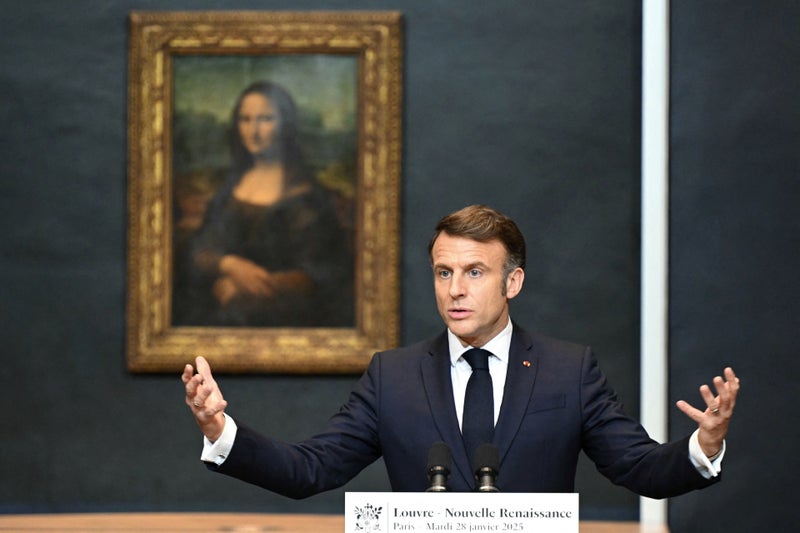But Thursday's anniversary of New Zealand's founding document, the Treaty of Waitangi, passed in muted fashion with Prime Minister Christopher Luxon absent from the main commemorations, amid rancor over an unpopular proposed law redefining the treaty's promises.
On Feb. 6 1840, representatives of the British Crown and 500 Māori tribal leaders signed a treaty at Waitangi, in New Zealand's far north, agreeing to the terms of their relationship.
Those scenes perhaps explained why Luxon, the prime minister, spent the day far from Waitangi, attending commemorations on the South Island at Onuku Marae, where southern chiefs signed the Treaty months after tribes in the north.
A minor libertarian political party helped Luxon's government to power in 2023 on a platform of redefining the way the treaty's principles are understood by rigidly interpreting them in law to ensure Māori are not unduly favored.
The bill's architect, David Seymour, met with protests at Waitangi marae — a Māori meeting house — during speeches by political leaders on Wednesday, as he made a fresh pitch for the law.




























.jpeg?auto=webp&width=800)


